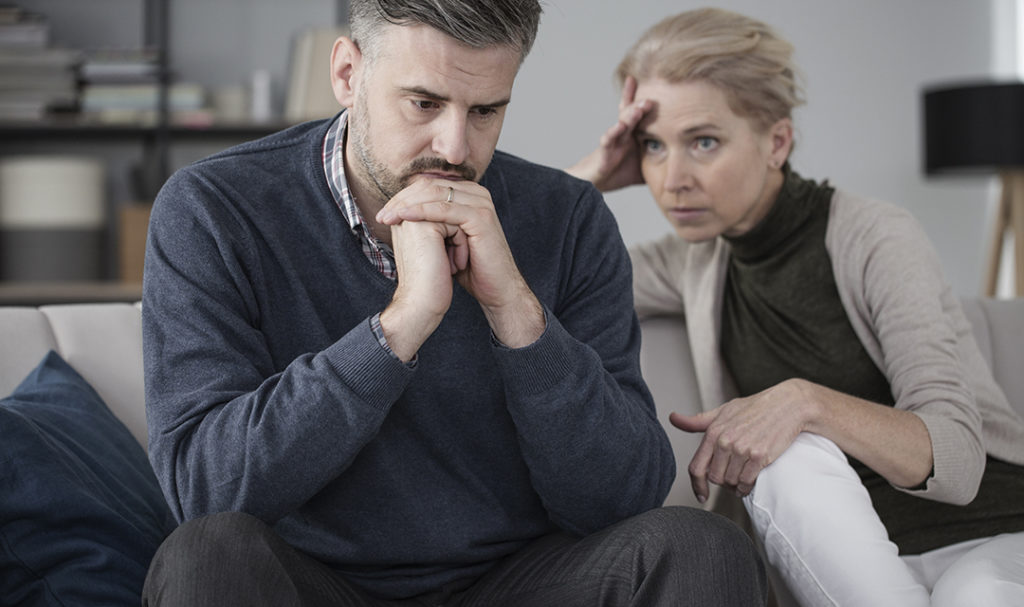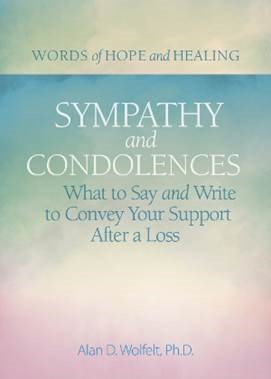Let’s Talk About Our Own Mortality
At some point in the last 70 years, we stopped talking about death. That has changed.
May 29, 2021
Conversations about death were unavoidable for most of history. Relatively short lifespans meant people experienced the loss of a loved one or a friend at a much earlier age, and they had to confront it and talk about it. The rituals of death were woven into the tapestry of everyday life.
At some point in the last 70 years, however, we stopped talking about death. Advances in medicine meant that most people live into their 40s or 50s before experiencing a close personal loss. Modern life has sanitized the concept of death and dying as well as grief and expressing loss.
Alan Wolfelt, Ph.D., of the Center for Loss and Life Transition summed up the change: “Throughout human history, death was part of everyday life; now it's seen as something that happens relatively uncommonly and also in the far, indefinite future. Until the current pandemic, a large majority of American's had high levels of 'assumed invulnerability' surrounding death," he says.
As David Kessler, a noted grief expert and founder of Grief.com, told me: “When I was a kid, when that hearse would go down the street, the man working on the electrical line would climb down and take his hat off and stand at attention. If we were mowing the lawn, we would turn the mower off and go to the street and stand there. We don't know how to do that anymore."
The impact of the pandemic
The pandemic that's so far claimed more than a half-million lives has exposed our collective reluctance to talk about death. At the same time, it's forced us to confront mortality in ways unseen in generations. We're beginning to talk about death again and plan for it as well as learn new ways to mourn and express grief.
Dr. Camelia Clarke, the Paradise Memorial Funeral & Cremation Services owner in Milwaukee, Wisconsin, told me she's witnessed the changing attitude first-hand. “People are acting much faster in the funeral pre-planning cycle than they historically have in my 25 years," she says. “Normally, it was taking us three to four appointments with the family with getting them the information and (then they were) thinking about it. Now, I've seen that that's reduced to half."
Jamie Pierce, Chief Marketing Officer of Service Corporation International, has also seen a change in attitude toward death since the pandemic. “One thing positive that has come out is that people are talking about pre-planning probably more than they ever have," she says. “Whether that's getting their will together, or talking about their pre-arrangements, or what they want for their end of life service, we've seen a significant increase in people wanting to have that conversation."
Helping difficult conversations
Are Americans finally ready to start talking about their own mortality? Though there are signs that the conversations are beginning to happen with increasing frequency, I believe we must do more to help people feel more comfortable talking about these difficult topics.

The internet is a good starting point. In fact, several organizations now assist people as they navigate conversations around the grieving process. I've had an opportunity to work directly with several, including:
- Connection Communities, a free online resource we developed at 1-800-Flowers.com to help people connect to others with similar life experiences, including coping with loss.
- The Floral Heart Project, which we co-created to provide beautiful, visual memorials across the country and to bring visibility to those suffering COVID-related losses.
- The End Well Project, which is focused on helping people connect, understand the rituals around loss, and better understand how to reach out to people in times of illness, loss, and grief. You can even join Dr. Shoshana Ungerleider, founder of End Well Project on Clubhouse to participate in conversations about grief and loss.
End Well is paying special attention to men, who seem to have trouble expressing their grief in times of loss, Shoshana told me in a recent conversation. She notes that men are less likely to engage with their families and friends to discuss difficult topics. “I know my father-in-law doesn't know how to ask for help from his friends," she says. “And he's now reaching back out to them and feeling a little bit bad about how he wasn't present for them (when their wives developed Alzheimer's disease)."

I know it's not just her father-in-law; it's everyone. We can do better.
Families grieving the loss of a loved one from COVID-19 may also be experiencing a different kind of grief. “Many people grieving a COVID death are suffering from complicated grief," Dr. Wolfelt says. “Their normal, necessary grief has often been made more complex by separation from the person who died as well as supportive friends and family. And if there was no funeral or satisfying ritual, they're likely to feel even more adrift.
“These families need extra compassion and support, so I would encourage reaching out often — not just on the anniversary of the death but definitely including that day — and remembering that they may feel isolated and unsupported," Dr. Wolfelt says. “If you can be a source of support in that vacuum, that is a wonderful gift indeed."
Dr. Wolfelt believes the time has come for more conversations about our own mortality. “This new eclectic yet mutual understanding will help restore the importance of death rituals as well as everyday conversations about life, death, and grief," he says.










